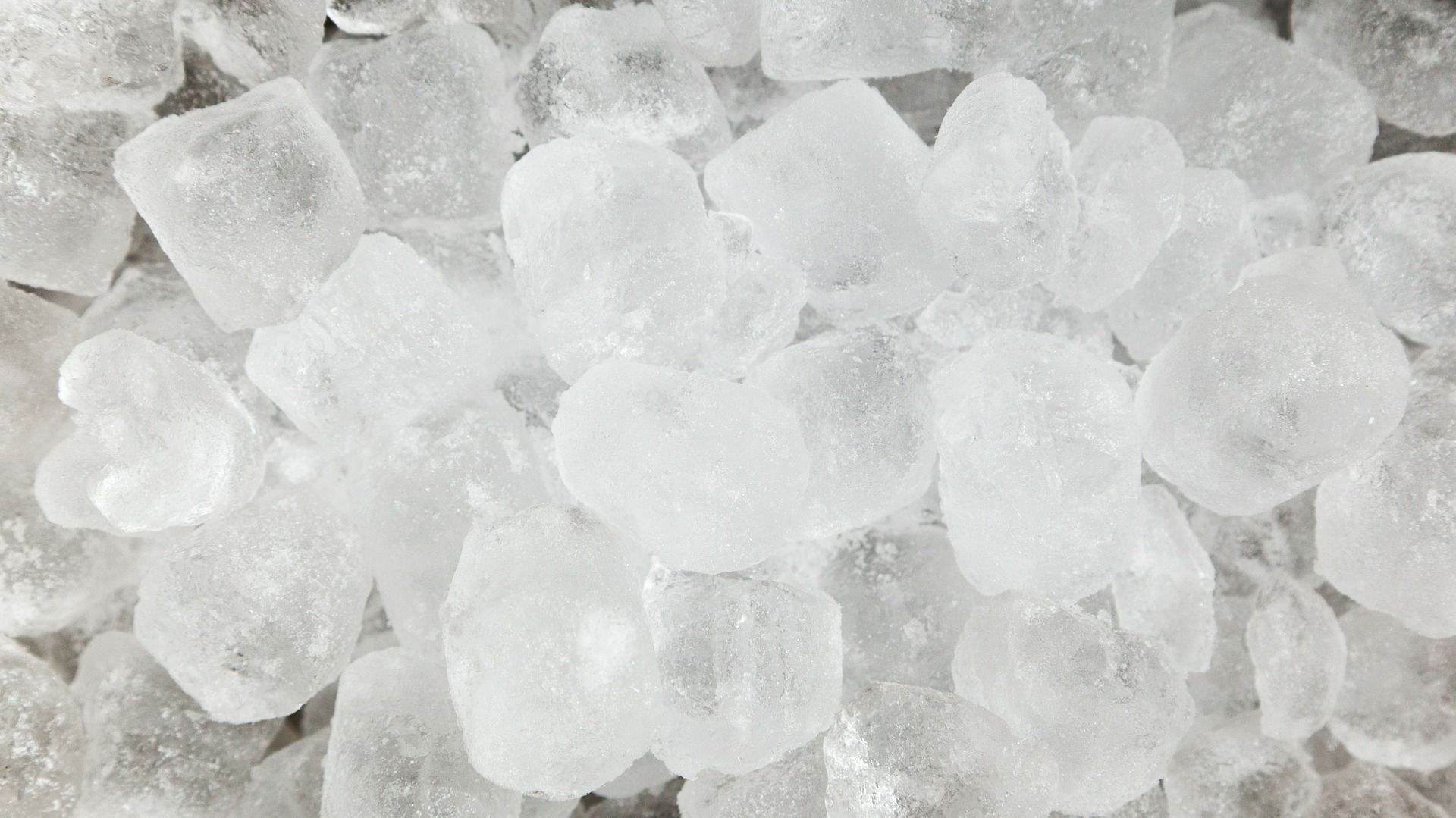Article
New Study Finds Ice Baths Do More Harm Than Good for Muscle Growth, Repair
Author(s):
Results of a recent study have found ice baths, also known as cold water immersion, could actually have a negative impact on repairing and building muscle.

The age-old technique of having an ice-bath after a grueling workout could actually be impairing muscle repair and growth.
A new study has found the widely practiced routine for soothing aching muscles and pains may actually be having a detrimental effect. Ice baths, which is sometimes referred to as cold-water immersion, were the subject of a recent Maastricht University-led study that revealed the still-popular strategy decreased the generation of protein in muscles.
"Everyone exercising, whether they be weekend warriors or elite athletes, wants to get the most out of their workouts,” said lead investigator Cas Fuchs, a PhD candidate at the Maastricht University Department of Human Biology. “Our research doesn't discount cold-water immersion altogether but does suggest that if the athlete aims to repair and/or build their muscle, perhaps they should reconsider using ice baths."
To evaluate the impact of post-exercise cooling on hourly and daily rates of myofibrillar protein synthesis, investigators carried out a study that examined the effect in 21 male patients taking part in a 2-week exercise-training program. As part of the study design, patients performed a resistance-type exercise session followed by water immersion of both legs for 20 minutes.
One of the participant’s legs is placed in water cooled to 0°C and the other leg was submersed in thermoneutral water (30°C). Patients were subsequently given a beverage containing 20 g of milk protein with 45 g of carbohydrates.
Investigators pointed pout all participants ingested deuterium-oxide on a daily basis and underwent saliva, blood, and muscle sample biopsies at the start and end of the training period to evaluate myofibrillar protein synthesis rates.
Investigators’ analyses revealed dietary protein-derived L-phenylalanine into myofibrillar protein was significantly lower in the ice bath group compared to the thermoneutral water group (0.016±0.006 versus 0.021±0.007 mole percent excess (MPE), P=0.016). When examining post-exercise myofibrillar protein synthesis, lower rates were observed among the ice baths group compared to the control group based on L-leucine (0.058±0.011 vs 0.072±0.017%·h-1, respectively; P=0.024) and L-phenylalanine (0.042±0.009 versus 0.053±0.013%·h-1, respectively; P=0.025).
When examining daily myofibrillar protein synthesis rates, significantly lower rates were observed in the ice baths group compared to the thermoneutral water control group (1.48±0.17 versus 1.67±0.36%·d-1, respectively; P=0.042). Based on the results of their analyses, investigators concluded cold-water immersion during recovery reduced myofibrillar protein synthesis rates and likely impaired muscle conditioning.
This study, titled “Postexercise cooling impairs muscle protein synthesis rates in recreational athletes,” was published online in the Journal of Physiology.


